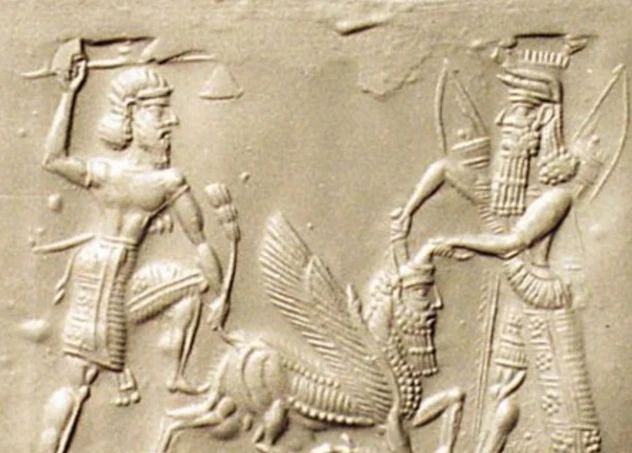In the vast landscape of Mesopotamian mythology, the Epic of Gilgamesh stands as an awe-inspiring testament to the human spirit. Spanning an epic journey filled with heroic deeds, divine encounters, and profound transformations, Gilgamesh embarks on a quest for immortality that resonates with the eternal yearnings of humanity. This ancient Mesopotamian tale, carved into stone tablets over four millennia ago, serves as a timeless reminder of the power of the human will and the enduring search for meaning and purpose. Join us on a captivating exploration of Gilgamesh’s hero’s journey, delving into the depths of ancient myths and uncovering the profound lessons that resonate across the ages.
The Heroic Birth
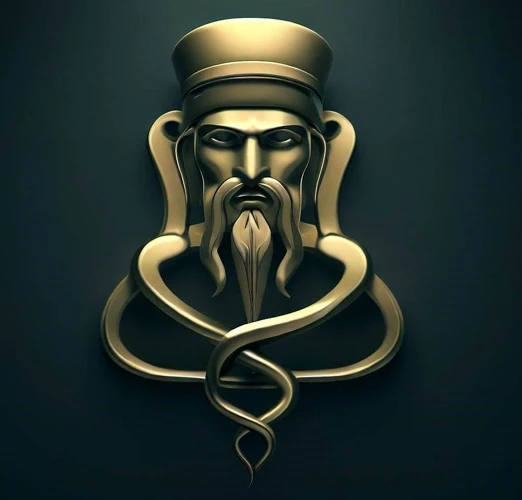
In the wondrous realm of Mesopotamian mythology, the Heroic Birth of Gilgamesh is shrouded in divine origins and prophetic signs. According to ancient legend, Gilgamesh was believed to be two-thirds god and only one-third human, his mother being Ninsun, a goddess of wisdom and divine knowledge. As the story goes, his birth was accompanied by a series of extraordinary events that foretold his future greatness. Thunder roared across the heavens, lightning illuminated the night sky, and storms raged as if the gods themselves were celebrating his arrival. This auspicious birth was seen by the people of Uruk as a sign that Gilgamesh was destined for greatness and would lead them to glory. The Heroic Birth served as a foundation for Gilgamesh’s extraordinary life, igniting a spark within him that would drive him towards his heroic destiny. To learn more about the mesmerizing creation myths of Mesopotamian gods such as Anu and the mother goddess Ninhursag, explore the links provided.
The Call to Adventure
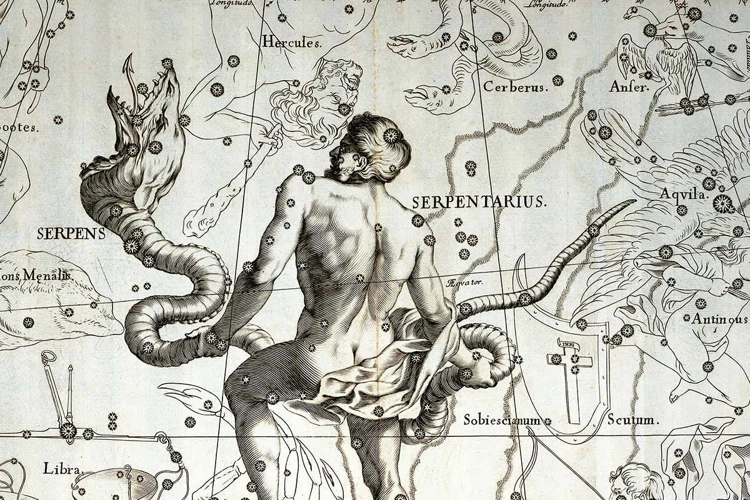
The Epic of Gilgamesh takes a momentous turn as Gilgamesh receives the Call to Adventure, propelling him into a world of danger, discovery, and self-realization. The call comes in the form of Enkidu, a wild and powerful man, who is created by the gods to be a foil and companion to Gilgamesh. Enkidu, who initially lives among animals in the wilderness, challenges Gilgamesh’s domineering rule in the city of Uruk and provokes him to embark on a quest to prove his strength and heroism. This divine intervention serves as a catalyst for Gilgamesh’s transformative journey, spurring him to travel beyond the safety of his kingdom and confront formidable trials. It is through this call to adventure that Gilgamesh’s true character begins to emerge, setting the stage for the epic encounters and challenges that lie ahead.
The Journey Begins
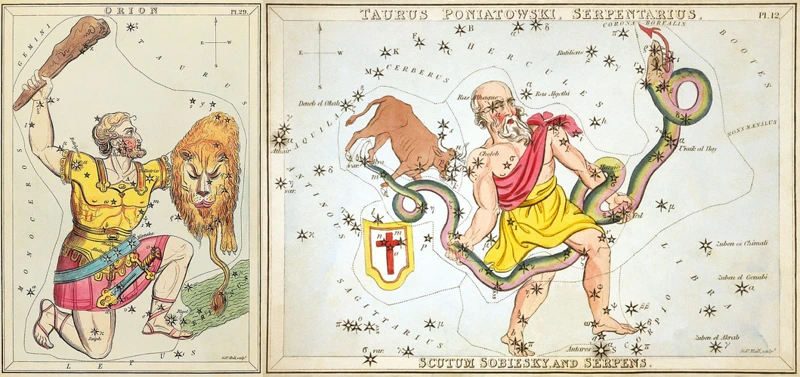
Embracing his heroic destiny, Gilgamesh sets off on a monumental journey that will test his physical and spiritual prowess to the limit. Determined to leave a lasting legacy, he ventures beyond the walls of Uruk, accompanied by his loyal companion Enkidu. Together, they face formidable challenges, encounter supernatural beings, and navigate treacherous landscapes. The journey unfolds as a series of trials and tribulations, with each step bringing them closer to the ultimate goal. Gilgamesh’s courageous spirit and unwavering resolve serve as beacons of inspiration as they navigate through the unknown. To delve deeper into the captivating world of Mesopotamian myths and explore the divine struggles of gods such as Anu and Ninhursag, follow the links provided.
Meeting Enkidu
During his heroic journey, Gilgamesh encounters a pivotal figure named Enkidu, a wild man who possesses incredible strength and primal instincts. Enkidu emerges as a formidable opponent when he confronts Gilgamesh, challenging his authority and disrupting the harmony of Uruk. However, their initial clash quickly develops into a profound friendship that forever alters the course of Gilgamesh’s quest. Enkidu, created by the goddess Aruru in response to the cries of the oppressed people, brings balance to Gilgamesh’s brashness with his wisdom and connection to the natural world. Together, they embark on a series of epic adventures, battling fearsome creatures and overcoming monumental trials. This fateful meeting between Gilgamesh and Enkidu sparks a transformation within both characters, each complementing and enriching the other’s strengths and weaknesses. It is through their unbreakable bond that Gilgamesh discovers the true essence of friendship, loyalty, and the enduring power of human connection. For insightful tales of creation myths in Mesopotamian mythology, delve into the captivating story of Enuma Elish and unravel the intricate threads of divinity and existence.
Battling Humbaba
In the epic tale of Gilgamesh, his journey reaches a pivotal moment as he faces the fearsome challenge of battling Humbaba. Humbaba, the guardian of the sacred Cedar Forest, was a monstrous figure with a terrifying visage. He possessed great strength and was feared by all who crossed his path. Undeterred by the danger that lay ahead, Gilgamesh embarked on this treacherous endeavor with unwavering determination and the guidance of his loyal companion, Enkidu. As they ventured deeper into the Cedar Forest, the tension mounted, and the air grew heavy with anticipation. The battle that ensued was fierce and unforgiving, with Gilgamesh and Enkidu using their combined strength and wit to combat Humbaba’s mighty blows. The clash of weapons reverberated through the forest as Gilgamesh fought valiantly, motivated by his desire for fame and glory. Eventually, with heroic vigor and calculated precision, Gilgamesh overcame Humbaba, striking him down with a final blow. This triumph marked a watershed moment in Gilgamesh’s journey, solidifying his status as a legendary hero and setting the stage for even greater challenges to come. To uncover more captivating tales of Mesopotamian mythology and the gods who shaped its mystical landscape, delve into the realms of the creation myth of Enuma Elish, the awe-inspiring Anu, and the divine mother goddess Ninhursag.
The Ultimate Boon
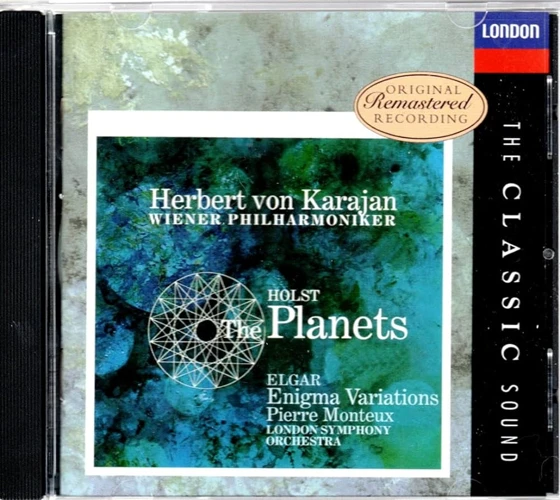
The Ultimate Boon in the epic journey of Gilgamesh represents the pinnacle of his quest – the pursuit of immortality. Driven by grief and a fear of death after losing his dear friend Enkidu, Gilgamesh becomes consumed by a burning desire to unlock the secrets of eternal life. In his relentless pursuit, he embarks on a treacherous journey to find Utnapishtim, the sole survivor of the Great Flood, who possesses the knowledge of immortality. Along his perilous path, Gilgamesh encounters numerous challenges and tests his courage and determination. Eventually, he reaches the abode of Utnapishtim, where he learns of the great flood and the immortality granted to him and his wife by the gods. Although Gilgamesh initially fails to obtain the elixir of immortality, he gains a deeper understanding of life’s transience and the importance of leaving a lasting legacy. This encounter with Utnapishtim and his realization of the futility of his quest ultimately become the Ultimate Boon for Gilgamesh, as he recognizes that true immortality lies not in physical perpetuity but in the enduring impact of one’s deeds and the legacy they leave behind.
The Abyss
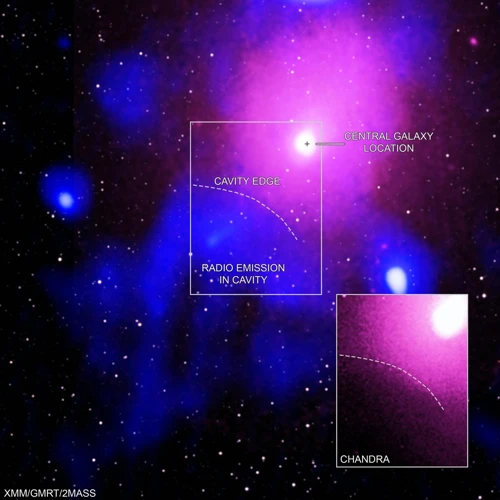
As Gilgamesh embarked on his perilous journey, he encountered a monumental challenge known as the Abyss. The Abyss was a treacherous and mysterious underworld, a chasm that seemed bottomless and insurmountable. It symbolized the depths of despair, the darkest corners of the human psyche, and the ultimate test of Gilgamesh’s resilience and inner strength. It was within this harrowing realm that Gilgamesh confronted his deepest fears and confronted his own mortality. The Abyss served as a metaphorical representation of the trials and tribulations that heroes must face on their transformative journeys. In the Mesopotamian creation myth of Enuma Elish, which delves into the origins of the world and the struggles of the gods, the concept of a primordial Abyss is explored. To delve deeper into the mesmerizing mythology of Mesopotamia and to uncover the role of the god Anu in ancient lore, click on the provided link.
The Transformation
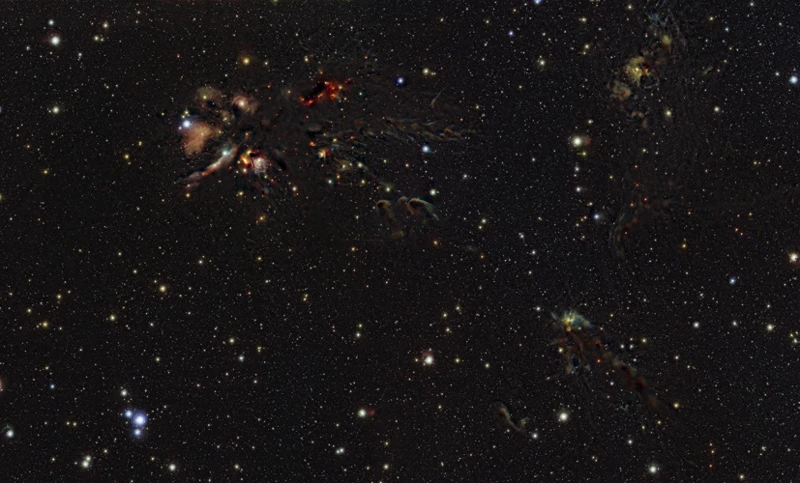
The transformation in the epic tale of Gilgamesh is a pivotal moment that marks the evolution of the hero’s character and his journey towards self-discovery. As Gilgamesh sets forth on his quest for immortality, he encounters numerous trials and tribulations that challenge his resolve and force him to confront his own mortality. One of the most crucial transformations occurs when Gilgamesh befriends Enkidu, a wild man created by the gods in response to Gilgamesh’s arrogance and tyranny. The unlikely friendship between Gilgamesh and Enkidu sparks a profound change within Gilgamesh, softening his heart and tempering his reckless ambition. Together, they embark on daring adventures, battling fearsome monsters and unraveling the mysteries of the divine realms. Through these trials, Gilgamesh learns the value of compassion, courage, and humility, transforming from a brash and self-centered ruler into a wise and compassionate leader. This transformation symbolizes the universal human journey of self-discovery and personal growth, where the hero confronts their flaws and emerges stronger and more enlightened. For more insight into the rich tapestry of Mesopotamian mythology and its fascinating deities, including links to creation myths like the Enuma Elish and the tales of the god Anu and the mother goddess Ninhursag, explore the provided links.
The Atonement

In the epic tale of Gilgamesh, The Atonement marks a crucial turning point in the hero’s journey. After the death of his faithful companion Enkidu, Gilgamesh is consumed by grief and guilt. Haunted by his own mortality and the realization that all humans are destined to die, Gilgamesh embarks on a quest to find eternal life. His desperation leads him to seek out Utnapishtim, the only mortal to have achieved immortality. As Gilgamesh traverses treacherous mountains and perilous waters, he confronts numerous obstacles that test his determination and resolve. Finally, he reaches Utnapishtim and pleads for the secret of eternal life. However, Utnapishtim challenges Gilgamesh to stay awake for six days and seven nights, a task he fails. Despite his failure, Utnapishtim shows mercy and provides Gilgamesh with a plant that restores youth. Just as Gilgamesh begins to see hope, the plant is snatched away by a serpent. This agonizing loss forces Gilgamesh to confront the reality of his mortality and the futility of his quest for immortality. The Atonement becomes a profound moment of self-reflection and acceptance for Gilgamesh, as he acknowledges the limitations of his humanity and learns to appreciate the fleeting beauty of life. To delve into the captivating tales of Mesopotamian gods and goddesses, including the creation myth of Enuma Elish, follow the link for a mesmerizing journey.
The Return
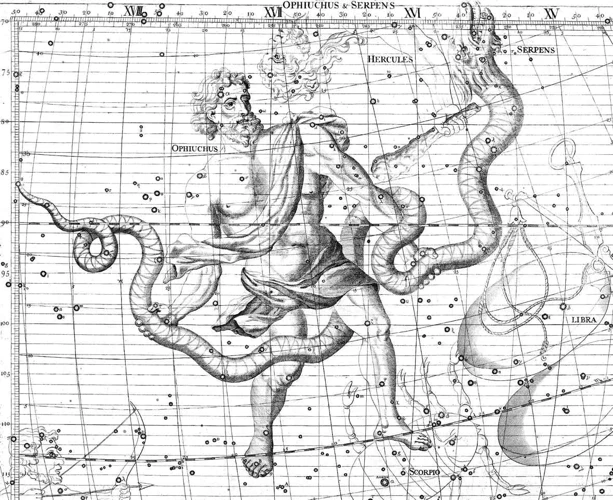
After a perilous and transformative journey, Gilgamesh finally reaches The Return, the final stage of his heroic quest. Having faced countless trials, encountered gods, and grappled with the depths of his own mortality, Gilgamesh emerges with newfound wisdom and a changed perspective. In returning to his city, Uruk, he brings with him the elixir of immortality, a gift bestowed upon him by Utnapishtim, the survivor of the Great Flood. This elixir symbolizes the triumph over death and the potential for everlasting life. However, upon reaching the city, Gilgamesh is faced with the Refusal of Return, as the people of Uruk refuse to accept this miraculous gift. It is through this rejection that Gilgamesh confronts the limits of his power and comes to understand the true nature of his legacy. In the wash of these revelations, the Hero’s Return takes on a profound meaning. Gilgamesh ultimately realizes that the immortality he sought was not through a physical elixir, but rather through the impact he made on the world and the immortality of his name and deeds. The Hero’s Return, therefore, becomes a reflection of the transcendent legacy that lives on beyond physical existence. To explore more about the captivating myths and gods of Mesopotamian civilization, delve into the pages provided.
Refusal of Return
In the grand tapestry of Gilgamesh’s heroic journey, the stage is set for the crucial phase known as the Refusal of Return. After countless trials, triumphs, and tribulations, Gilgamesh finds himself at the threshold of returning to his homeland of Uruk, armed with newfound wisdom and a deepened understanding of his own mortality. However, he hesitates. The allure of eternal life and immortality still lingers in his heart, tempting him to abandon his duty as a hero and seek everlasting existence. This internal struggle within Gilgamesh is a pivotal moment where he must confront his own desires and make a choice that will shape his legacy. The Refusal of Return represents the conflict between the yearning for immortality and the realization that true heroism lies in the acceptance of mortality and the embrace of the human experience. The link between Gilgamesh’s journey and the captivating creation myth of the Mesopotamian gods, such as Enuma Elish, Anu, or the mother goddess Ninhursag, sheds further light on the cosmic forces at play and the thematic depth of the hero’s tale.
The Death of Enkidu
The Death of Enkidu in the Epic of Gilgamesh is a pivotal moment that shakes the foundations of Gilgamesh’s world. Enkidu, the loyal companion and friend of Gilgamesh, falls victim to a mortal illness, bringing immense grief to the hero. Enkidu’s demise serves as a reminder of the fragility of human existence and the inevitability of death, even for those touched by the divine. Gilgamesh is devastated by the loss, questioning the meaning of life and the purpose of his own heroic journey. He grapples with the concept of mortality and his newfound understanding of the transient nature of human existence. This profound loss propels Gilgamesh into a state of inner turmoil, pushing him to question his quest for immortality and seek answers beyond the realm of the mortal world. To delve deeper into the rich mythology surrounding the creation myths of Mesopotamian gods, including the epic Enuma Elish, explore the provided link.
The Resurrection
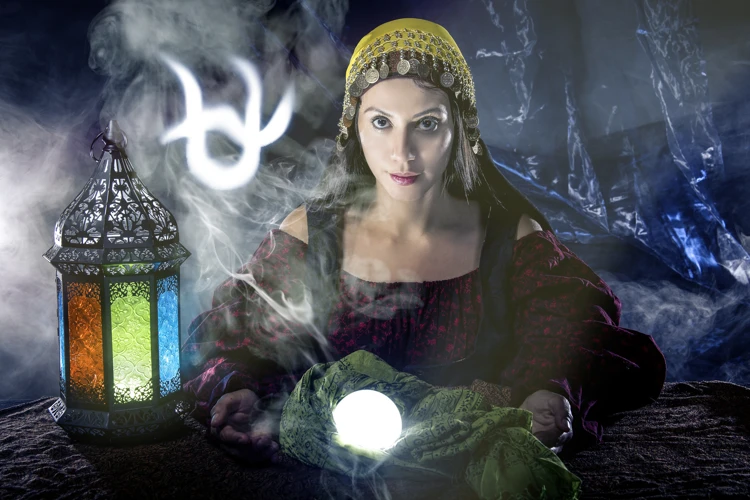
In the climactic tale of Gilgamesh’s hero’s journey, we witness the awe-inspiring Resurrection of the legendary king. After the devastating loss of his loyal companion Enkidu, Gilgamesh is consumed by grief and plagued by the fear of his own mortality. It is in this bleak moment that our hero embarks on a perilous quest to attain immortality and cheat death. His harrowing journey leads him to Utnapishtim, the Mesopotamian Noah, who survived the Great Flood and was granted eternal life by the gods. Utnapishtim reveals to Gilgamesh the secret of immortality, a plant that restores youth. Filled with hope, Gilgamesh retrieves the precious plant from the depths of the sea, with the intention of sharing its power with his people. However, as he rests by a freshwater spring, a serpent steals the plant, leaving Gilgamesh devastated. Despite this setback, the Resurrection of Gilgamesh symbolizes the triumph of the human spirit, the resilience to rise above adversity, and the acceptance that true immortality lies not in physical form but in the legacy one leaves behind. To delve deeper into the fascinating world of Mesopotamian gods and creation myths, follow the link to discover the mesmerizing story of Enuma Elish.
The Elixir of Immortality

In the climactic moments of the Epic of Gilgamesh, the quest for immortality takes center stage as Gilgamesh sets his sights on obtaining the elusive Elixir of Immortality. Driven by the grief of losing his dear friend Enkidu and fueled by a deep fear of his own mortality, Gilgamesh embarks on a treacherous journey to seek out Utnapishtim, the only mortal to have achieved eternal life. Utnapishtim, having survived the Great Flood and blessed by the gods with immortality, resides at the edge of the world, guarded by untamed seas. Gilgamesh, with unwavering determination, confronts countless trials and encounters various divine beings in his pursuit of everlasting life. Ultimately, he reaches Utnapishtim and pleads for the secret of eternal life. However, Utnapishtim reveals that immortality is not easily attained and offers a challenge instead. Gilgamesh must stay awake for seven days and seven nights, but he fails to do so, demonstrating the limits of mortal existence. Although Gilgamesh does not achieve physical immortality, he gains invaluable wisdom and a profound understanding of the fleeting nature of human life. Reflections on the Elixir of Immortality shine light on the fragile balance between mortality and the quest for transcendence in Mesopotamian mythology. To explore more about the mesmerizing creation myths of Mesopotamian gods such as Anu and the mother goddess Ninhursag, delve into the provided links.
The Hero’s Legacy
The Hero’s Legacy left by Gilgamesh is an indelible mark on the annals of Mesopotamian mythology, echoing through the ages and inspiring generations to come. Gilgamesh’s adventures and triumphs were etched into the collective consciousness of the people of Uruk, solidifying his status as a legendary hero. Through his heroic deeds, Gilgamesh not only gained immortality in the minds of his people but also left behind a legacy that embodied the values of courage, resilience, and the pursuit of knowledge. His story became a beacon of hope, reminding future warriors and rulers of the potential within them to overcome any obstacle. The Hero’s Legacy of Gilgamesh continues to captivate and inspire, transcending time and culture with its profound messages of bravery and the human spirit. To further explore the rich Mesopotamian mythology and creation myths of gods like Anu and the mother goddess Ninhursag that influenced Gilgamesh’s epic journey, follow the links provided for a deeper understanding.
Conclusion
In conclusion, the Epic of Gilgamesh offers us a profound insight into the human condition and the universal quest for purpose and immortality. Gilgamesh’s hero’s journey through the depths of Mesopotamian mythology not only showcases his immense strength and courage but also reveals his vulnerability and the transformative power of his experiences. From his heroic birth, guided by divine forces, to his encounters with gods and monsters, Gilgamesh’s story is a testament to the enduring human spirit and the pursuit of transcendence. Ultimately, the lessons learned from his adventures and trials teach us the importance of the relationships we cultivate, the significance of our mortal existence, and the acceptance of our limitations. As we reflect upon the legacy of Gilgamesh, we are reminded of the timeless themes and eternal truths embedded in ancient myths. To delve deeper into the fascinating world of Mesopotamian gods and goddesses, explore the links provided for captivating insights into the creation myth of Enuma Elish, the role of Anu in Mesopotamian mythology, and the mother goddess Ninhursag. May the tale of Gilgamesh continue to inspire and resonate with generations to come.
Frequently Asked Questions
1. Who was Gilgamesh?
Gilgamesh was a legendary figure in ancient Mesopotamian mythology and the protagonist of the Epic of Gilgamesh. He was believed to be a powerful king of Uruk, renowned for his extraordinary strength and wisdom.
2. What is the Epic of Gilgamesh?
The Epic of Gilgamesh is one of the oldest surviving works of literature in the world. It is an epic poem that tells the story of Gilgamesh’s heroic journey, his encounters with gods and monsters, and his search for immortality.
3. What is a hero’s journey?
A hero’s journey is a narrative pattern commonly found in mythologies and storytelling. It typically involves a protagonist who embarks on a transformative quest, facing challenges, overcoming obstacles, and ultimately achieving personal growth and wisdom.
4. How does Gilgamesh’s birth make him a hero?
Gilgamesh’s divine birth, being two-thirds god, signifies his exceptional status and potential for greatness. It sets him apart from ordinary humans, marking him as a hero destined for extraordinary feats.
5. Why is Gilgamesh called a demi-god?
Gilgamesh is referred to as a demi-god because he is born from the union of a mortal (his mother Ninsun) and a god (his father, possibly the god Lugalbanda or the legendary hero Enmerkar).
6. What role did Ninsun play in Gilgamesh’s hero’s journey?
Ninsun, as Gilgamesh’s mother, played a crucial role in his hero’s journey. She was not only his biological mother but also a wise goddess who provided him with guidance, protection, and divine blessings.
7. Was Gilgamesh invincible?
No, Gilgamesh was not invincible. While he possessed incredible strength and heroism, he was ultimately a mortal being. The story explores both his strengths and vulnerabilities, making him a relatable and complex hero.
8. Why is the Epic of Gilgamesh significant?
The Epic of Gilgamesh holds immense significance as it offers insights into ancient Mesopotamian culture, beliefs, and values. It sheds light on humanity’s timeless themes such as the search for meaning, the quest for immortality, and the pursuit of wisdom.
9. Are there any moral lessons in the Epic of Gilgamesh?
Yes, the Epic of Gilgamesh offers several moral lessons. It explores the importance of friendship, the consequences of arrogance and abuse of power, and the inevitability of mortality. It provides lessons on humility, compassion, and the significance of living a fulfilling life.
10. Is the Epic of Gilgamesh still relevant today?
Absolutely! Despite being thousands of years old, the Epic of Gilgamesh remains relevant today. Its themes of heroism, friendship, mortality, and the search for meaning continue to resonate with readers and serve as a universal reflection on the human condition.

